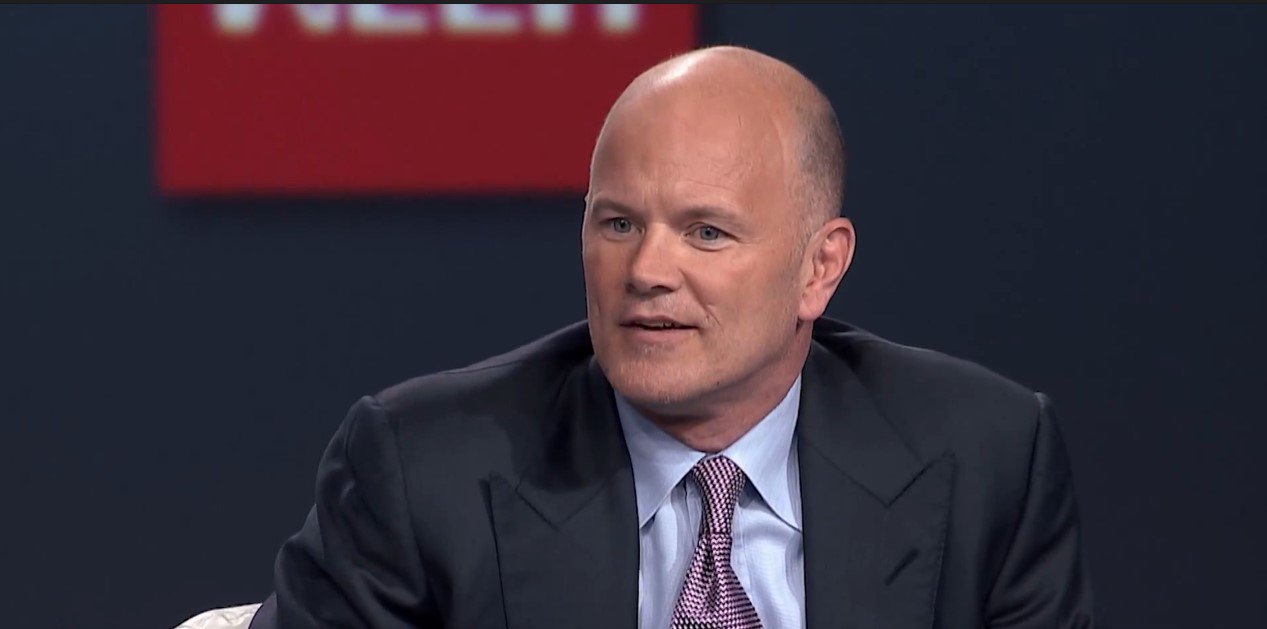Blockchain — “Bitcoin with Haircut” or Replacement for Inefficient Banking System?

Following other major banks and financial institutions
such as Goldman Sachs, JPMorgan Chase, the New York-based $335.4 bn banking giant, has started to utilize Blockchain technology to automate high throughput transaction processing. Most operations and settlements facilitated by banks including JPMorgan and Goldman Sachs require significant manual verification and labor. In most cases, bank wire and transfers can take at least five days to three weeks, due to the requirement of manual approval required by financial regulations, money transmission policies and KYC and AML systems globally. Although it will be more accurate to describe the efforts of Goldman Sachs and JPMorgan as the development of Blockchain technology-inspired systems rather than Blockchain-based decentralized applications as by law, banks are required to have strict control over their transactions and settlements.
“Blockchain vs. Bad Banking”
At the Blockchain Arica Conference hosted on March 2, Bitcoin and security expert Andreas Antonopoulos explained in a talk called “Blockchain vs. Bad Banking” that the actual Blockchain technology used by Bitcoin and other successful public Blockchain networks such as Ethereum require much more than the conventional “Blockchain technology” itself.
Antonopoulos stated:
“Blockchain is the technology behind Bitcoin. Which is incorrect. Blockchain is one of the four foundational technologies behind Bitcoin and it can’t stand alone. But that hasn’t stopped people from trying to sell it. Blockchain is Bitcoin with a haircut and a suit you parade in front of your board. It is the ability to deliver sanitized clean, comfortable version of Blockchain of Bitcoin to people who are too terrified of actually disruptive technology.”
Then what are banks actually building?
Cryptographic evidence and signatures are essential in most cryptographic platforms such as Blockchain networks as they allow financial service providers to record time stamps of settlements of assets and transactions in an immutable ledger. Because the vast majority of banking systems are centralized, they are vulnerable to sophisticated hacking attacks and security breaches. However, with the usage of Blockchain technology, banks such as JPMorgan Chase can process high throughput transactions efficiently and most importantly, securely.
JPMorgan: Blockchain will replace inefficient banking systems
Alex Liu, the CEO of AMIS, the Blockchain infrastructure provider that partnered with JPMorgan recently and joined the Enterprise Ethereum Alliance in its early days,
stated:
“The protocol is a vital part of efforts aimed at building the next evolution of the Internet of Value, similar to the creation of the TCP/IP protocol earlier in the history of computer networks.”
More to that, Liu explained that the JPMorgan Chase development team would showcase a new technology called proof of authority (PoA), a consensus protocol that would allow the verification of pre-approved nodes. Whether the pre-approval process of nodes will become an issue in the future regarding security and network efficiency will be answered by the public launching of JPMorgan’s launch of its PoA Blockchain in the near future. At the moment, JPMorgan Chase and AMIS remain absolutely confident that Blockchain will replace inefficient, insecure and centralized financial networks in the upcoming years, to optimize the settlement process of assets and transactions for users and customers.
Chuck Reynolds

Marketing Dept
Contributor
Please click either Link to Learn more about -Bitcoin.
Alan Zibluk Markethive Founding Member











